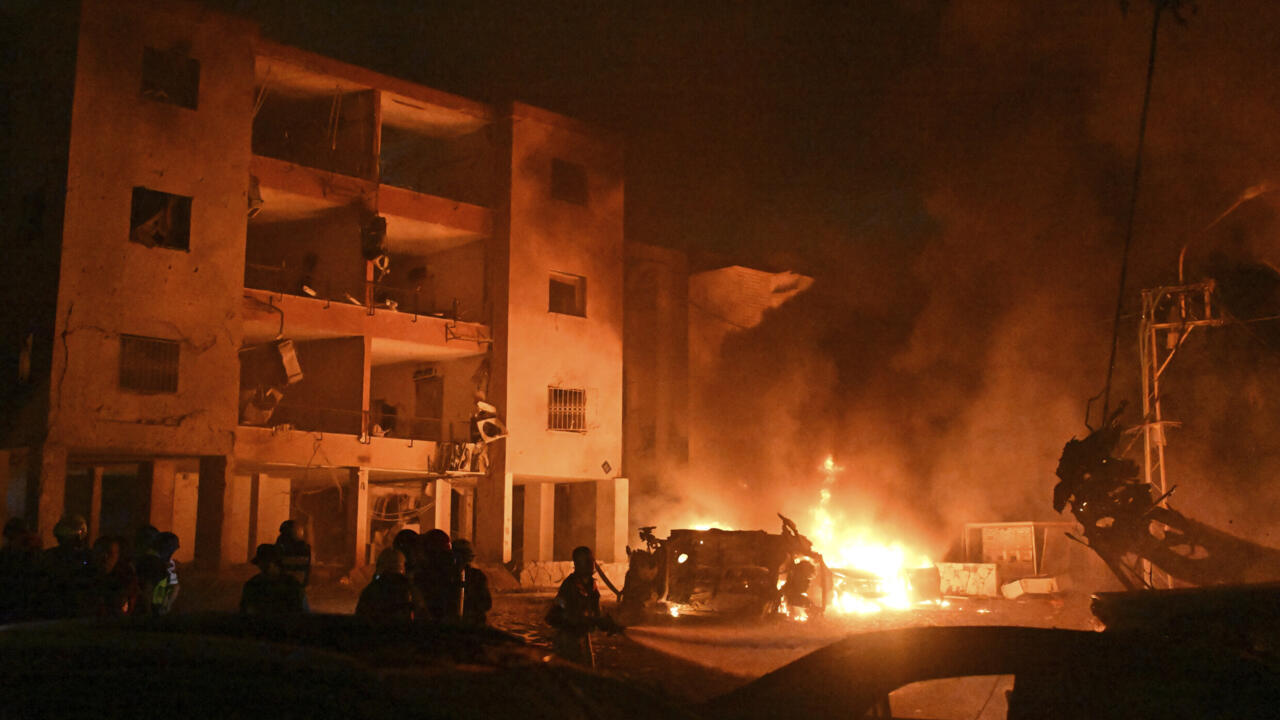The Middle East finds itself at a critical juncture as the Israel-Iran conflict has intensified dramatically over the past 72 hours. What began as targeted military strikes has evolved into a dangerous cycle of retaliation that has captured global attention and raised serious concerns about regional stability.
The current escalation marks a significant shift in the decades-long tensions between these two nations, with both countries engaging in direct military confrontation that has resulted in substantial casualties and widespread international alarm.
Latest Developments in the Conflict
Casualties and Human Impact
The human cost of this escalation continues to mount. Reports indicate that Israeli strikes on Iran have resulted in over 220 casualties, including 70 women and children. Among the significant losses, Iran’s Islamic Revolutionary Guard Corps intelligence chief and two other high-ranking generals were killed in Sunday’s Israeli attacks.
On the Israeli side, Iranian missile strikes have claimed at least 10 lives, with the death toll continuing to rise as rescue operations proceed in affected areas, particularly in Tel Aviv and northern Israel.
Strategic Targets and Military Operations
Israel’s military operations have focused on what it describes as Iran’s nuclear infrastructure and defense capabilities. The Israeli Defense Forces (IDF) have targeted:
- Iranian defense ministry headquarters in Tehran
- Nuclear-related facilities and uranium enrichment sites
- Military storage and missile launch sites in western Iran
- Oil refineries and fuel depots
Iran has responded with multiple waves of ballistic missiles targeting Israeli cities, including Tel Aviv and Haifa. Iranian forces claim to have launched approximately 100 missiles in their latest retaliation, utilizing what they describe as “Haj Qassem guided ballistic missiles.”
International Response and Diplomatic Efforts
Global Concern and Mediation Attempts
The international community has expressed deep concern about the escalating situation. China’s Foreign Ministry spokesman emphasized that “Middle Eastern countries will be the first to suffer” if the conflict continues to escalate, calling for immediate de-escalation measures.
Several European nations, including Germany, France, and the UK, have invited Iran to resume nuclear negotiations, viewing diplomatic engagement as crucial to preventing further escalation.
Regional Impact and Neighboring Countries
The conflict’s effects are already being felt across the region:
- Pakistan: Fuel crisis in Balochistan province due to disrupted Iranian oil supplies
- Jordan: Temporarily lifted airspace restrictions after initial closures
- Yemen: Houthis claim joint missile strikes with Iran against Israeli targets
India has begun relocating its students from Iran as a precautionary measure, highlighting the international dimension of the crisis.
Israel’s Defense Systems Put to the Test
Multi-Layered Defense Network
Israel’s sophisticated air defense system has been working at full capacity to intercept Iranian missiles. The defense network includes:
- Arrow-2 and Arrow-3: Long-range interceptors for ballistic missiles
- David’s Sling: Medium-range defense system
- Iron Dome: Short-range protection against rockets and mortars
- THAAD: Anti-missile system for high-altitude threats
Israeli military officials report an 80-90% success rate for their defensive systems, though they acknowledge that no system is completely foolproof, explaining how some Iranian missiles have penetrated Israeli defenses.
Economic and Market Impact
Regional Markets React
The conflict has had immediate economic consequences:
- Tel Aviv stock indices showed mixed performance, with some resilience amid investor confidence in Israel’s military capabilities
- Regional fuel supplies have been disrupted, particularly affecting Pakistan’s Balochistan province
- Airspace restrictions have impacted commercial aviation across the Middle East
Nuclear Concerns and International Security
Iran’s Nuclear Program Under Scrutiny
Israel justifies its strikes by arguing they are necessary to prevent Iran from developing nuclear weapons. The attacks have specifically targeted:
- Uranium enrichment facilities
- Nuclear research sites
- Key nuclear scientists and program leaders
Iran maintains that its nuclear program is entirely peaceful, a position supported by U.S. intelligence assessments indicating Iran has not pursued weapons development since 2003.
Escalation Risks
The involvement of nuclear facilities in the conflict has raised international alarm about potential radiological risks and the broader implications for global non-proliferation efforts.
Humanitarian Crisis and Civilian Impact
Protection of Civilians
Both sides have issued warnings to civilians in targeted areas:
- Iranian forces advised Israelis to avoid “vital areas”
- Israeli military warned Iranian civilians near nuclear reactors to evacuate
- Millions of Israelis have taken shelter during missile attacks
The targeting of civilian infrastructure, including fuel depots and residential areas, has intensified humanitarian concerns.
Looking Ahead: Prospects for De-escalation
Diplomatic Initiatives
Despite the military escalation, diplomatic channels remain active:
- Iran has indicated willingness to halt attacks if Israel ceases its operations
- International mediators are working to establish communication channels
- The UN Security Council faces pressure to take decisive action
Regional Implications
The conflict’s expansion beyond bilateral tensions threatens broader Middle Eastern stability. Regional powers are carefully calibrating their responses to avoid being drawn into a wider war.
Conclusion
The Israel-Iran conflict represents one of the most serious escalations in Middle Eastern tensions in recent years. With casualties mounting and both nations showing no immediate signs of backing down, the international community faces urgent pressure to facilitate de-escalation before the situation spirals into a broader regional war.
The coming days will be crucial in determining whether diplomatic efforts can prevail over military confrontation. The stakes extend far beyond the immediate participants, with implications for global energy markets, nuclear non-proliferation efforts, and regional stability across the Middle East.
As the situation continues to evolve rapidly, the world watches anxiously, hoping that cooler heads will prevail and that a path to peace can be found before the human cost becomes even more devastating.

